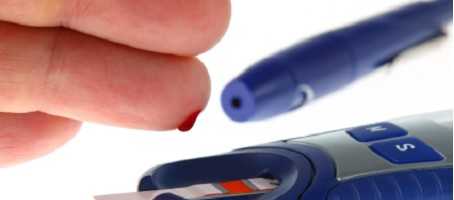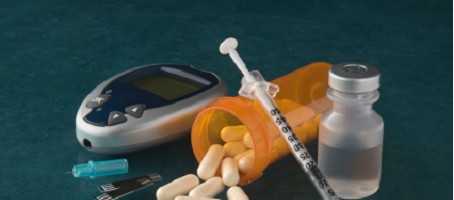Researchers in Germany are developing a method which could be used to measure glucose levels without the need for finger pricking with a lancing device.
The technique involves using photoacoustic spectroscopy, a method which involves sending a laser beam over the skin and measuring the frequency and intensity of sound that is emitted as the light passes into a device called a spectroscope.
Rather than measuring blood glucose levels, the method involves measuring the glucose level in interstitial fluid, fluid which surrounds cells including those of the skin and provides a reservoir of nutrients including glucose.
Measurement of glucose levels in interstitial fluid is currently available in the form of continuous glucose monitors (CGMs), however, these are invasive devices which require having a sensor implanted below the surface of the skin.
An advantage of measuring interstitial fluid is that it is very close to the exterior of the body, 0.01mm below the surface of the skin. This means that interstitial fluid is close enough to absorb infra-red light from the laser, allowing measurements of glucose levels to take place.
This is very promising but as with much diabetes research, there are barriers that need to overcome. In this case, a challenge has been to prevent the signal being measured by the spectroscope from being distorted by factors including air pressure, humidity and temperature changes as a result of skin contact.
Researchers at the Institute for Biophysics of the Johann Wolfgang Goethe University in Frankfurt have been working to break through this barrier and have developed a method to minimise the effect of distorting factors.
Research is at an early stage. The researchers have shown that the approach has potential and the next stage will be develop and test a machine that can effectively carry out glucose level measurements. The ultimate goal will be to produce a small and practical enough device to allow people with diabetes to monitor and manage glucose levels at home.
What's new on the forum? ⭐️
Get our free newsletters
Stay up to date with the latest news, research and breakthroughs.




